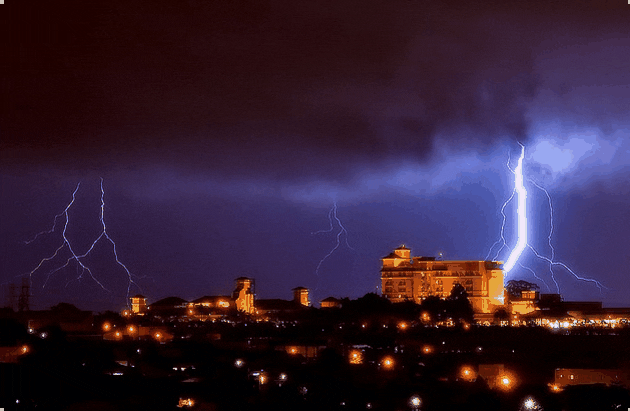When are stress-related incidents, such as a heart attack or stroke, more likely to occur – on a work day after a weekend, or on a work day following another work day? It is reasonable to assume the latter, for after a day of rest, the body is energized and calm, making such illnesses far less prevalent.
This same logic should apply to nightly rest. It makes sense to think that a good night’s sleep lowers the chances of stress-related incidents occurring during the first hours of the waking day.
This is what medical experts have long assumed as well.
However, on March 13, 1986 the ITIM Agency presented a surprising report combining the research of United States scientists and Israel’s Magen David Adom (The Israeli Emergency Medical Service) based upon records of ambulance calls responding to instances of heart attacks. Much to everyone’s amazement, the logical approach was proven wrong.
The facts show that the most critical day for heart attacks and strokes in Israel is Sunday, the first day of the workweek – despite the fact that it follows the Sabbath, the national day of rest. In the United States, the most critical day for stress related illness is Monday, following the two day rest of the weekend.
Attempts to understand this strange phenomenon lead to conclusions contrary to previous assumption, that the chances of a trauma are greater on a work day following another work day. It turns out that the rapid shift from rest to work produces a greater threat to bodily health, even to the point of sparking life-threatening incidents. (Although it is universally agreed that a seven day work-week, with no day of rest, causes far more damage.)
This is truly a surprising discovery.
Researchers should be even more surprised, however, to discover that the Sages of Israel predated contemporary discoveries by two thousand years, as proven by the following halachic statement:(1)
“The onlookers [in the Temple] would fast four days of the week, from Monday through Thursday. They would not fast on Friday, out of respect for the Sabbath and also not on Sunday, so that they would not emerge from the rest and joy of Sabbath to [a day of] effort and fasting and thus die.” (Mishnayot Ta’anit 4:3. The Mishnah refers to the Temple “onlookers.” These were priests, leviim and laymen, who would visit the Holy Temple in Jerusalem on a rotational basis in order to watch the daily sacrificial service, and offer prayers that it be acceptable to God.)
The Sages did not say that “it is not so healthy” or “it might be hazardous to one’s health” to begin fasting on the first day after the Sabbath. They spoke explicitly about a life threatening situation – “that they would not emerge… and die.” Nor were they reluctant to say this, out of fear that someone might accuse them of exaggeration. They knew exactly what they were saying; for if the Torah says it, it must be true – and it is a question of life or death.
In other words, with having neither the data of the Emergency Medical Service nor the latest statistics from the United States, the Sages knew this fact from the Torah, seeing that it bears important legal ramifications, just as they learned from the Torah all scientific knowledge necessary to fulfill the commandments.
A Dangerous Awakening
The ITIM report concludes that the highest percentage of heart attacks, strokes, and similar life threatening incidents takes place in the first hour after sleep.
Consider the Talmud’s opinion on this subject:(2)
“Five things are closer to death than to life. They are: sleep, standing up [according to Rashi this implies “standing up” immediately after waking, without pause]…”
Based on this, Rabbi Yisrael Meir HaCohen of Radin wrote in his famous halachic work, the Mishnah Berurah,(3) that even though a person must rise each morning with vigor to serve God, to fulfill such commandments as tefillin, the recitation of the kriat shema, and the like, one still must pause a moment upon waking, before leaving bed. This is because standing up immediately can potentially damage a person’s health.
It turns out that the Sages of Israel, who lived more than sixteen hundred years ago, knew what contemporary researchers have discovered only through the use of statistics and scientific research – that there is danger hidden in the first hour after sleep. Furthermore, they knew something that present day researchers have yet to discover – that a key factor in this danger lies in the rapid awakening and rising from bed, whereas getting out of the bed slowly lowers the risks.
Notes and Sources
(1) Mishnayot Ta’anit 4:3. The Mishnah refers to the Temple “onlookers.” These were priests, leviim and laymen, who would visit the Holy Temple in Jerusalem on a rotational basis in order to watch the daily sacrificial service, and offer prayers that it be acceptable to God.
(2) BT Gittin 70a.
(3) Mishnah Berurah on the Shulchan Aruch, siman 1, note 8.





